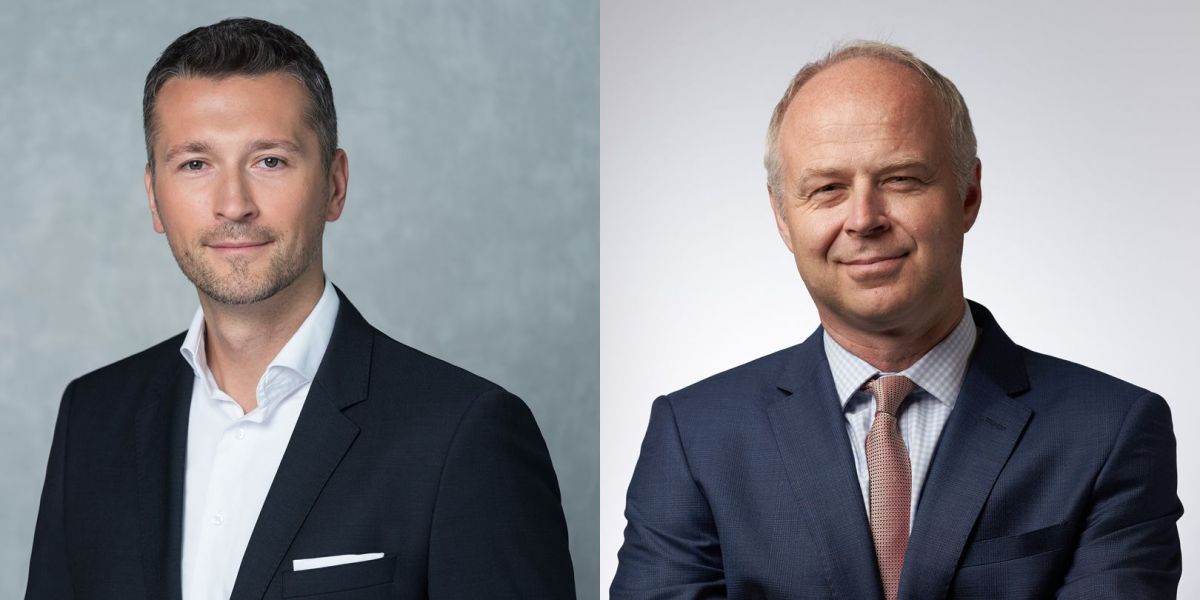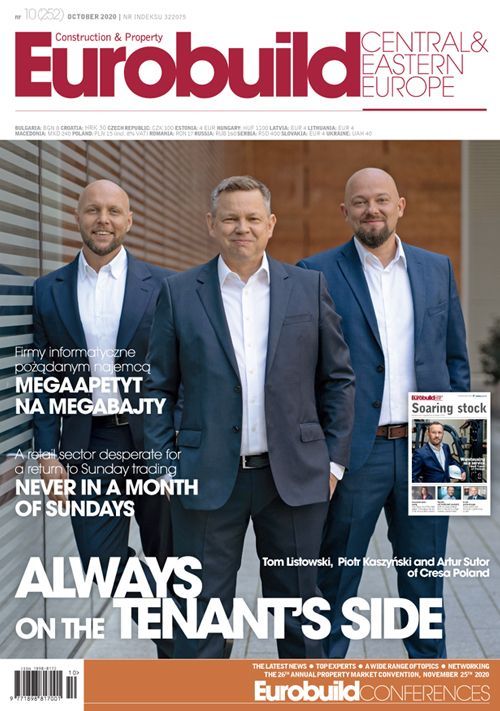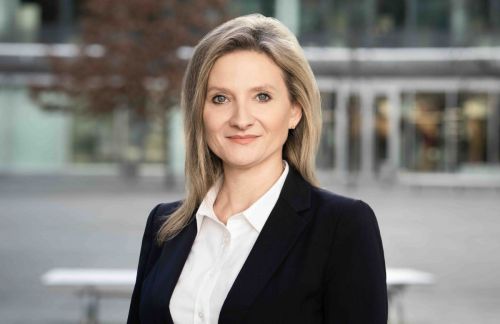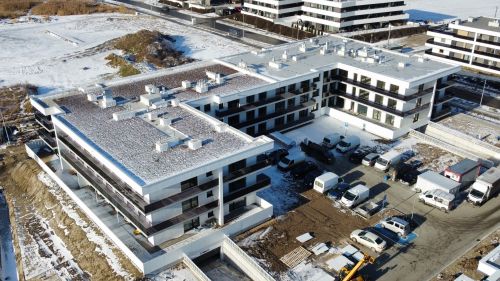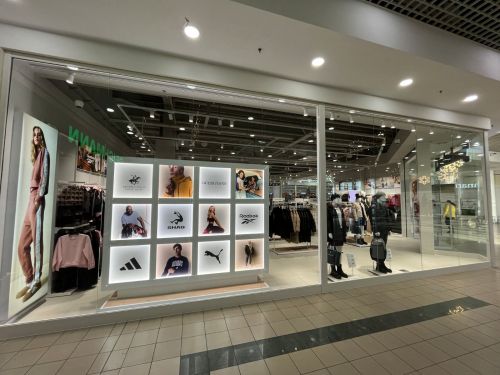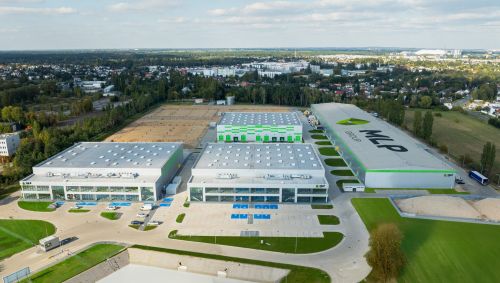Nathan North, Eurobuild CEE: How has Savills Investment Management’s strategy changed, if at all, in the wake of the pandemic?
Jon Crossfield, head of strategic partnerships, Savills IM: I don’t think our strategy has really changed, as in Poland we were already largely focused on the logistics sector and do not see this changing, given its strong relative performance during Covid. We will still look at Warsaw offices but continue to be very selective. We would have liked to have done more during the pandemic, but have been impacted by travel restrictions and the number of opportunities brought to the market. However, the investment appetite in this sector is still very strong.
Will you be able to achieve last year’s investment volume this time around? Or has the crisis put an end to such hopes?
Piotr Trzciński, head of investment Poland, Savills IM: Last year we invested EUR 3.5 bln globally – and EUR 300 mln of that was in Poland. Despite the pandemic, thi
